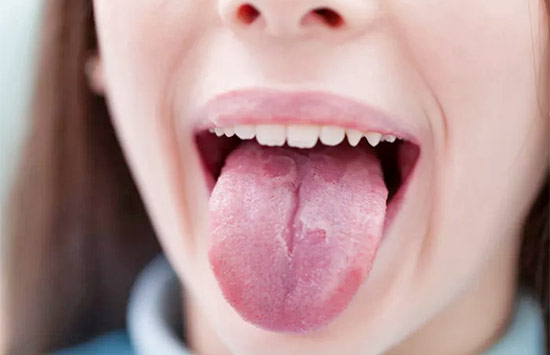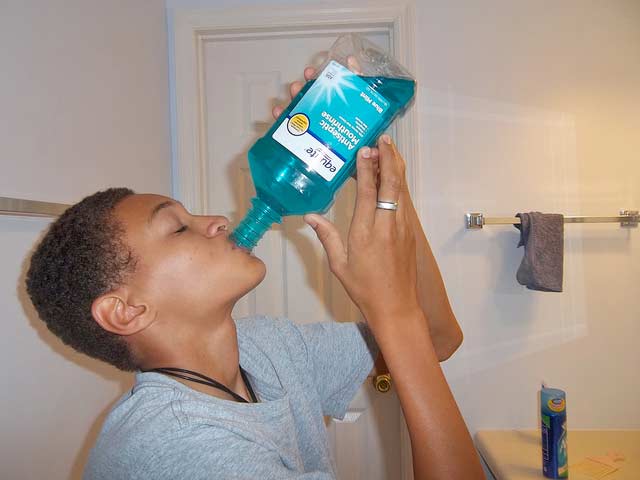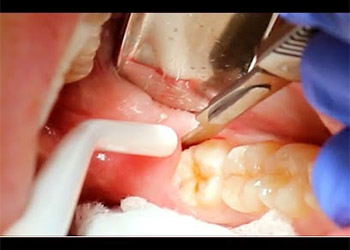When it comes to oral hygiene, a mouthwash seals the deal by going the extra mile and covering the nooks and crannies of your mouth that are missed by your toothbrush and toothpaste. But if you have ever used this product, you must have wondered, why does mouthwash burn and if all that stinging can be bad? Continue reading to find the answers to this and other questions…
What exactly is a mouthwash?
Back in the 1800s, when it was first introduced to the world, mouthwash contained a mixture of honey, eucalyptus, and ammonia. In recent times, ammonia has been chucked in favor of alcohol (ethanol), and honey has been replaced by other sweeteners.
The isomers or active ingredients to have changed although most formulations still include eucalyptus/menthol. These days, you are likely to find everything from green tea and lemon extracts to tea tree oil and fluoride in the formulation.
A mouthwash for every cause!
You can now buy mouth rinse products meant to address various oral health concerns. For instance, you will find:
- Cosmetic mouthwash products that eliminate bad breath and whiten teeth.
- Fluoride mouth rinse products that strengthen the teeth and lower the risk of cavities.
- Antibacterial oral rinse products that prevent gum diseases and plaque.
Of these, antibacterial formulations are the most beneficial in terms of oral health care. Having said that, the one common factor, regardless of the product you choose, is the burning sensation.
Why does mouthwash burn my tongue?
- The alcohol: Although it works as a base, a solvent if you will, that helps the active ingredients to get to all areas of your mouth, the alcohol is one of the reasons for the stinging sensation in your tongue.
- The active ingredients: Volatile (plant essential) oils and their bioactive constituents like menthol, thymol, and eucalyptol can cause stinging even if you are not allergic to them.
- The minor wounds: If you are overzealous with your brushing, you may end up with tiny bruises on your gums. Alcohol on open wounds is bound to burn, however tiny the abrasions.
The mouthwash burn- Is it a good thing?
Although a lot of people believe that the stinging is actually a sign of the germs being killed, this could not be further from the truth. Yes, a little stinging is normal. However, you are using the wrong product if the burning is significant enough to:
- Make you dilute the oral rinse with water
- Skip rinsing entirely
People have suffered from mouth ulcers because of oral rinse products that were too strong for them or because of an allergy to a particular active ingredient in the formulation.
The thing to understand here is that discomfort of any kind is your body’s way of telling you that there is a problem. Instead of trying to reason out, “why does mouthwash burn so much”, talk to your dentist about it. There is certainly no dearth of options in the market today. So, you will find an oral rinse that is just right for your mouth and its needs!
You may also like Mouthwash After Wisdom Teeth
References
https://patch.com/massachusetts/wellesley/why-does-even-alcohol-free-mouthwash-burn-0
https://askthedentist.com/why-does-listerine-burn/
https://www.encyclopedia.com/medicine/anatomy-and-physiology/anatomy-and-physiology/mouthwash
https://www.bupa.co.uk/newsroom/ourviews/the-facts-about-mouthwash
https://www.ada.org/en/member-center/oral-health-topics/mouthrinse



